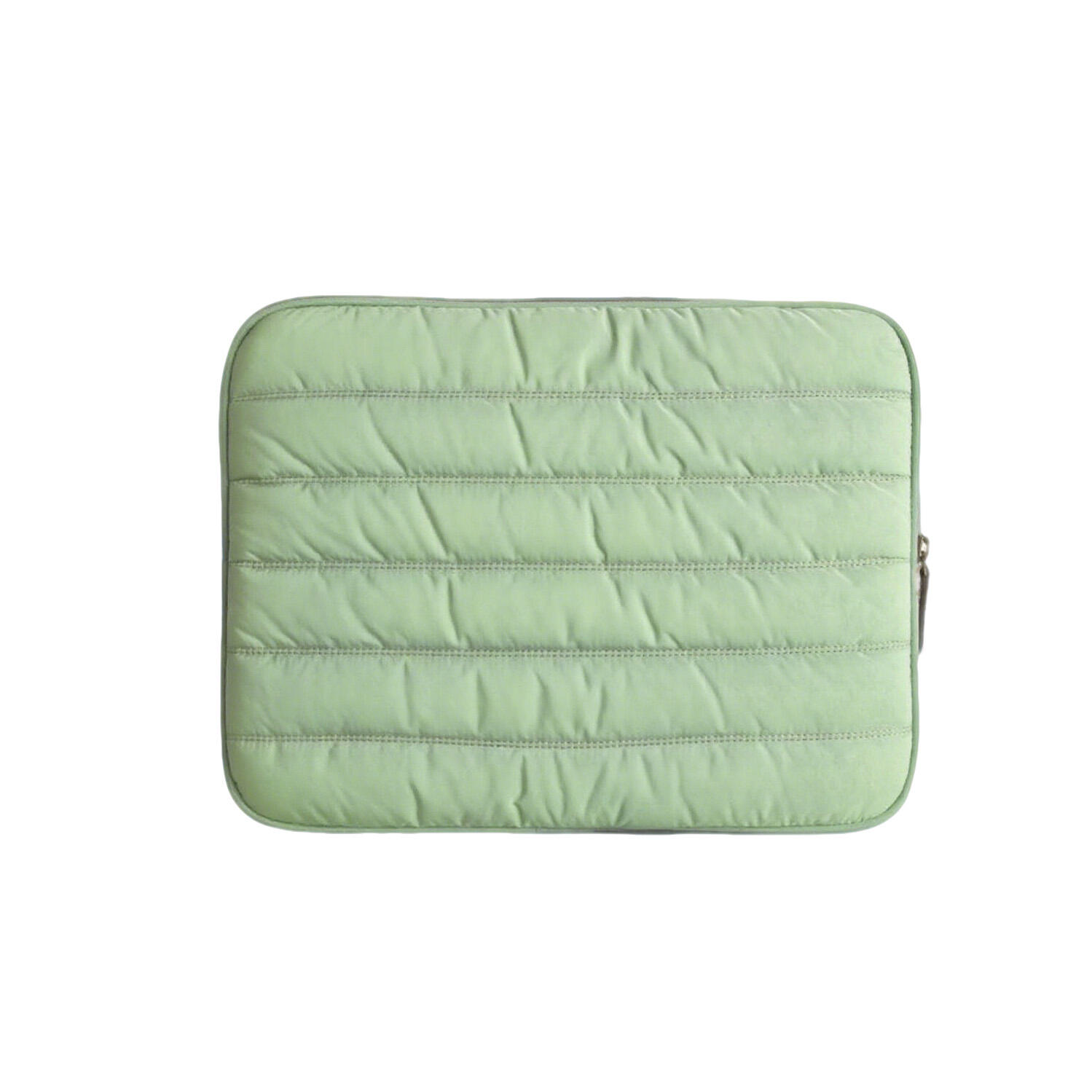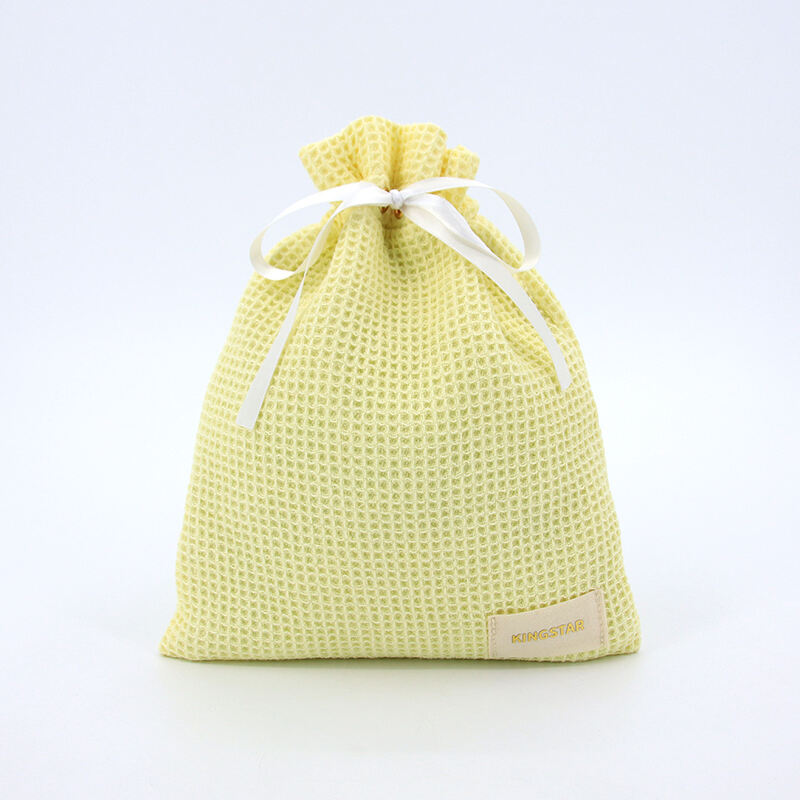What Is Recycled Nylon?
Recycled nylon, often called recycled nylon material, is typically manufactured through a process that involves melting down and granulating nylon-based materials such as nylon yarns or nylon fabrics. A key advantage of using these feedstocks—nylon yarns or fabrics—is their low impurity content. When nylon yarns (or similar nylon strands) are sorted into clean, uniform bundles, the resulting recycled nylon can closely match virgin nylon in both color and material performance.
Specifications of Recycled Nylon Fabric
Recycled nylon fabric is available in a range of customizable specifications to suit different application needs, including:
·Denier (Thickness): 10D, 20D, 30D, 40D, 70D, 100D, 200D (lower denier indicates finer, lighter fabric; higher denier means thicker, more durable fabric).
·Composition: Blends vary to meet functional requirements, with options like 100% recycled nylon, 80% recycled nylon, 60% recycled nylon, and 51% recycled nylon (the remaining content is typically complementary fibers for enhanced performance).
·Density (Thread Count): Measured in "T" (threads per square inch), common densities include 190T, 210T, 272T, 290T, 310T, 340T, 380T, 400T, and 420T (higher "T" values mean tighter weaving, offering better water resistance and durability).
·Finishing Treatments: A variety of post-processing techniques are applied to enhance functionality, such as dyeing, printing, triple-protection coatings (waterproof, stain-resistant, oil-repellent), gold/silver/white metallic coatings, UV protection, flame-retardant treatments, PU (polyurethane) coating, PVC calendering (compliant with both new and old European standards), TPE (thermoplastic elastomer) backing, TPU (thermoplastic polyurethane) lamination, and urethane coating.
Performance Characteristics of Recycled Nylon
Recycled nylon retains the core performance advantages of traditional nylon while adding environmental value, with key traits including:
1. Exceptional Mechanical Toughness: It boasts high overall strength, as well as strong compressive and tensile resistance—making it suitable for products that require durability under stress.
2. Reliable Electrical Properties: It exhibits excellent electrical insulation. Recycled nylon has a high volume resistance and is resistant to electrical arcing; in dry environments, it can be used as an industrial insulating material. Even in high-humidity conditions, its electrical insulation remains stable.
3.Outstanding Fatigue Resistance: Parts made from recycled nylon can maintain their original mechanical strength even after repeated bending, reducing the risk of wear or breakage from frequent use.
4. Strong Corrosion Resistance: It is highly resistant to alkalis, as well as machine oil, weak acids, and gasoline. However, it is not resistant to strong acids or oxidizing agents and should be avoided in environments with these substances.
5. Practical Processing & Usability: It is lightweight, easy to dye, and simple to mold into various shapes. Its surface is smooth, featuring a low friction coefficient and good wear resistance—extending the lifespan of products made from it.
6. Safety & Environmental Adaptability: It is self-extinguishing (reducing fire risks), odorless, and non-toxic. It also has good weather resistance, is not easily degraded by biological organisms, and offers effective antibacterial and anti-mildew properties—ideal for long-term use in different climates.
We see ourselves merely as stewards of nature, leveraging existing resources to create more sustainable materials. Protecting the environment is a long-term journey that requires ongoing effort, and we remain committed to contributing to this cause through every step of our work.









